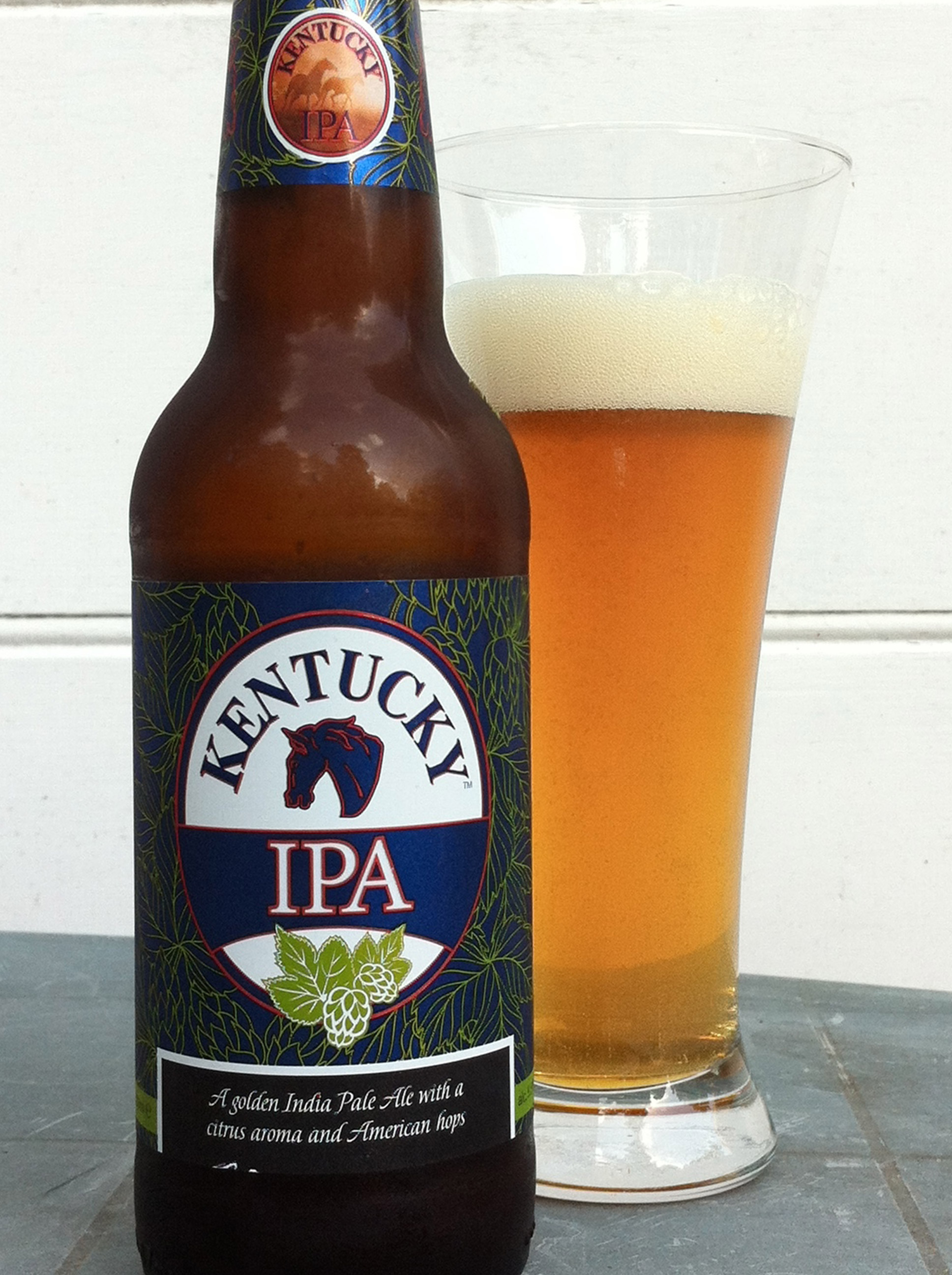
IPA: Style and Mass Phenomenon...
We’ve had occasion several times to mention the origin of the IPA style, developed in England in the 18th century to export to the British Empire, as an answer to the problem of providing beers that could arrive intact after a six-month journey to Calcutta, Madras or Bombay, and later Australia and New Zealand.
In a parallel to porters, which also held up well during the journey, these low-gravity beers were, as is known, strongly hopped, and gradually became paler and — especially — more refreshing to help drinkers bear up under the rigours of a tropical climate.
We also know that the USA developed its own version of the style, using American ingredients to produce significantly more hopped beers. On the European side of the Atlantic, their powerful aromas and pronounced bitterness were a surprise. And we Europeans have to admit that we owe our rediscovery of the extraordinary aromatic qualities of hops to the Americans.
In the USA, understated East Coast and West Coast versions the IPA style reinterpreted the traditional use of hops through local varieties such as Chinook, Cascade, Centennial, Citra, Columbus, and others. Today, these floral beers are on an upswing on the Old Continent, where they were still virtually unknown only ten years ago.
Just a few thoughts to remind us that only ten years ago, to a French, Spanish or German palate, a beer like this one would have been considered far too bitter… Yet this 6.5%-ABV Kentucky IPA, produced by Alltech Lexington Brewing and Distilling Co. (Lexington, Kentucky, USA), is today generally considered an average-tasting IPA. Who knows? Some might even consider it a little insipid…
In terms of craft beers, the evolution of tastes has become very rapid. It remains to be seen if, still on this side of the Atlantic, the stylistic designations follow the current. Because, often, the term “IPA” refers to any well-hopped beer. It’s time to realize that these three letters indicate more than a style and also identify a real phenomenon of brewing globalization.
